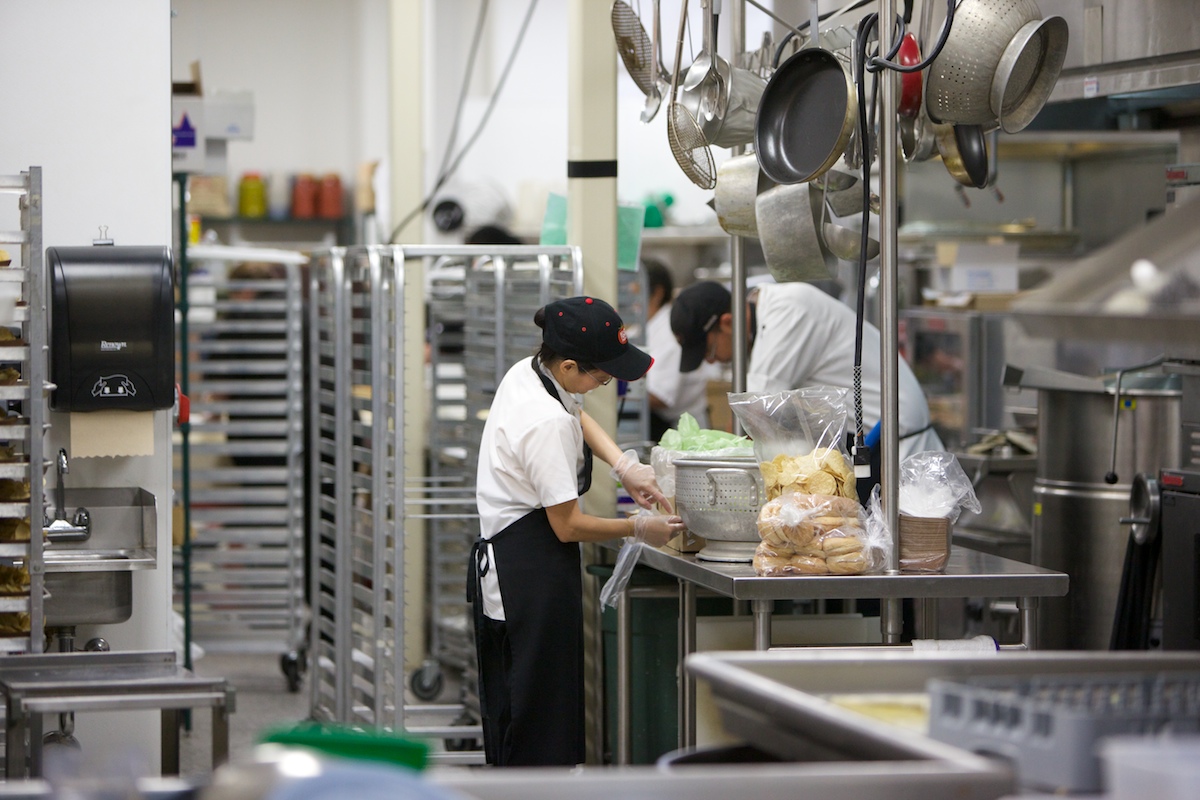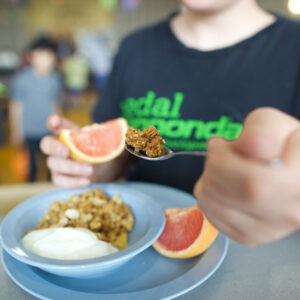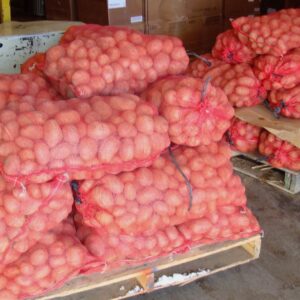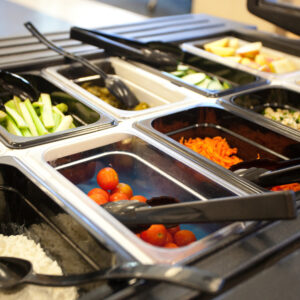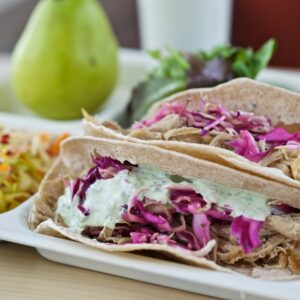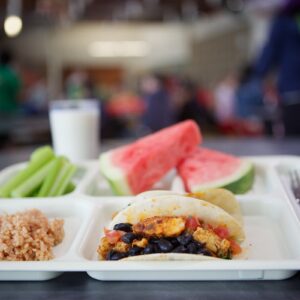Description
Course Description
School Food Operational Models walks you through the complicated web of school food operations and how each operational model affects the food on the lunch tray. We’ll look at food preparation models, operational models, production models, and service models in school food. We will focus on Chef Ann Cooper’s recommended combination of models for providing the highest quality scratch-cooked food in a sustainable and financially viable way. Next, we’ll dive into some of the facilities and equipment needed in the recommended model. Lastly, we’ll explore the human resource challenges in a scratch-cook model, and how to create an organizational structure and culture that supports culinary professionalism in school food.
To enroll yourself, simply add the course to your cart and check out.

